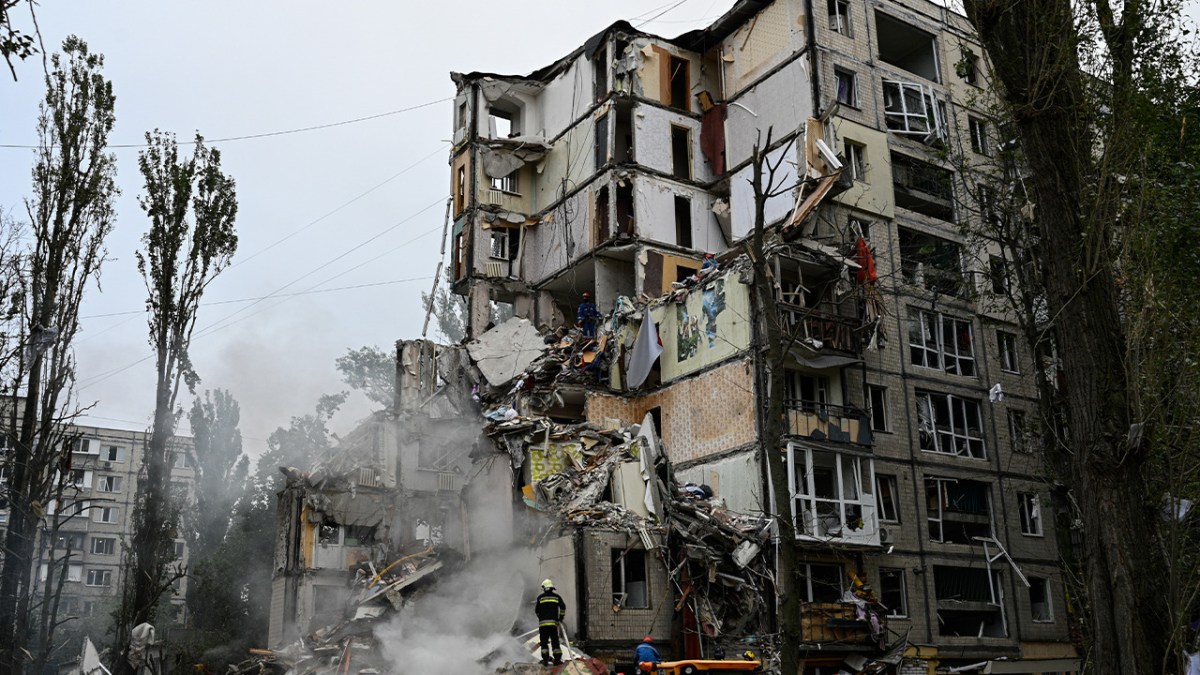A recent escalation in geopolitical tensions has underscored the fragility of global stability, with major world powers issuing stern warnings over ongoing hostilities and the potential for widespread economic repercussions. This period of heightened international relations demands careful diplomatic efforts and a clear understanding of the intricate dynamics at play.
The international community watched closely as a prominent global leader delivered a forceful ultimatum, threatening severe economic measures against a defiant nation if a swift resolution to an escalating situation was not achieved. This warning followed reports of devastating impacts on urban centers, where civilian areas bore the brunt of intense bombardments, highlighting the dire human cost of prolonged standoffs and the urgent need for international diplomacy.
In one particularly harrowing incident, a residential complex in a major capital city suffered extensive damage, resulting in tragic fatalities, including a young child. Such events serve as a stark reminder of the indiscriminate nature of modern conflicts and the profound suffering inflicted upon innocent populations caught in the crossfire of geopolitical tensions.
The reported death toll from the recent barrage tragically climbed, with officials confirming multiple casualties, including emergency responders. This grim statistic intensified calls for immediate de-escalation, as the global leader’s imposed deadline for a resolution loomed, signaling a critical juncture in diplomatic efforts and the potential for new economic sanctions.
Commentators from the affected nation’s leadership decried the continued aggression as a calculated display of defiance, suggesting a deliberate intent to project indifference towards peace initiatives. These actions, they argued, undermined any genuine efforts to halt the hostilities and restore regional calm, further complicating the landscape of global politics.
The targeted nation’s administration, however, appeared to dismiss the threats of punitive measures, asserting a long-standing resilience to external economic pressures. Official statements indicated a firm resolve to maintain their current stance, suggesting that the specter of additional sanctions would not alter their strategic objectives or impact their perceived ‘immunity’ to such financial tools.
Indeed, the global leader publicly iterated the timeline for these impending economic restrictions, expressing skepticism about their immediate impact but affirming their imposition. Spokespeople for the targeted nation countered, emphasizing their economy’s robust adaptation to existing sanctions, claiming a developed ‘immunity’ to such financial pressures, a concept frequently debated in discussions of international economic leverage.
Furthermore, the warning extended to third-party nations maintaining significant commercial ties with the defiant entity, specifically those whose substantial energy purchases provided a vital economic lifeline amidst existing international restrictions. This posed a complex challenge for global trade relations and energy markets, underscoring the interconnectedness of the world economy.
The unfolding situation continues to underscore the intricate web of global politics and economics, where diplomatic warnings, military actions, and economic sanctions intertwine to shape the international landscape. The path forward remains fraught with uncertainty, demanding careful navigation from all involved parties to mitigate further civilian impact and achieve sustainable international diplomacy.






Leave a Reply